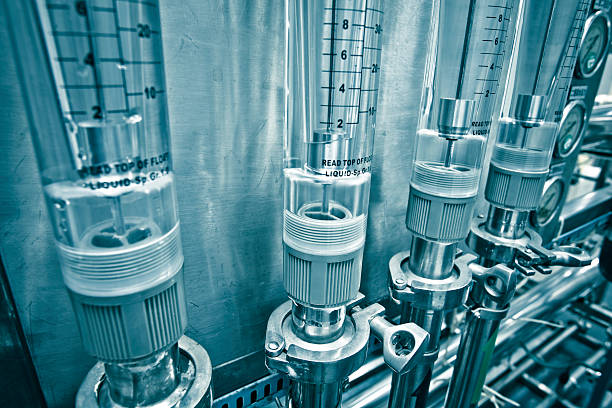In our fast-paced world, where resources seem infinite at a glance, the importance of recycling often gets overlooked. Yet, metal recycling stands out as a crucial practice that impacts us all. From the aluminum in our soda cans to the steel in our cars, metal is everywhere in our daily lives.
But what happens when these items reach the end of their lifespan? This is where metal recycling steps in, offering a host of benefits that extend far beyond environmental concerns.
1. Environmental Impact:
Metal recycling plays a significant role in reducing the burden on our planet’s natural resources. Mining for new metals is an intensive process, requiring vast amounts of energy and causing extensive environmental disruption.
By recycling metals, we can conserve energy and reduce greenhouse gas emissions associated with mining and extraction. This not only helps in mitigating climate change but also preserves natural habitats and ecosystems.
2. Conservation of Resources:
Unlike many other materials, metal can be recycled repeatedly without losing its properties or quality. This means that every ton of metal recycled translates to a ton of natural resources saved. Whether it’s aluminum, copper, or steel, the ability to reuse these materials reduces the strain on finite resources like ores and minerals.
In essence, metal recycling ensures that we make the most of what we have, without depleting our planet’s reserves.
3. Economic Benefits:
Metal recycling isn’t just environmentally friendly; it’s also economically sensible. The metal recycling industry creates jobs, stimulates local economies, and contributes to overall economic growth. Moreover, recycling metals requires less energy compared to mining and refining raw materials, leading to cost savings for industries and consumers alike.
By supporting metal recycling initiatives, we can foster a more sustainable and prosperous future for communities around the globe.
4. Energy Savings:
Producing metals from recycled materials consumes significantly less energy than producing them from scratch. For instance, recycling aluminum requires only about 5% of the energy needed to extract it from its ore. Similarly, recycling steel saves around 60% of the energy compared to producing it from iron ore.
These energy savings translate into lower greenhouse gas emissions and reduced reliance on fossil fuels, contributing to a cleaner and more sustainable energy landscape.
5. Specialized Recycling:
Certain industries, such as HVAC (Heating, Ventilation, and Air Conditioning), heavily rely on metal components. HVAC systems contain various metals like copper, aluminum, and steel, which can be efficiently recycled at the end of their service life.
HVAC Recycling not only prevents these metals from ending up in landfills but also ensures that valuable resources are recovered and reused in new products. This closed-loop approach minimizes waste and maximizes resource efficiency within specialized sectors.
Conclusion:
Metal recycling is not just a responsibility; it’s a necessity for a sustainable future. By embracing metal recycling practices, we can protect our environment, conserve valuable resources, and drive economic prosperity. From reducing greenhouse gas emissions to fostering local industries, the benefits of metal recycling extend far and wide, impacting us all in profound ways.
As individuals, businesses, and communities, let us recognize the critical role of metal recycling and work together to build a more sustainable and resilient world for generations to come.




